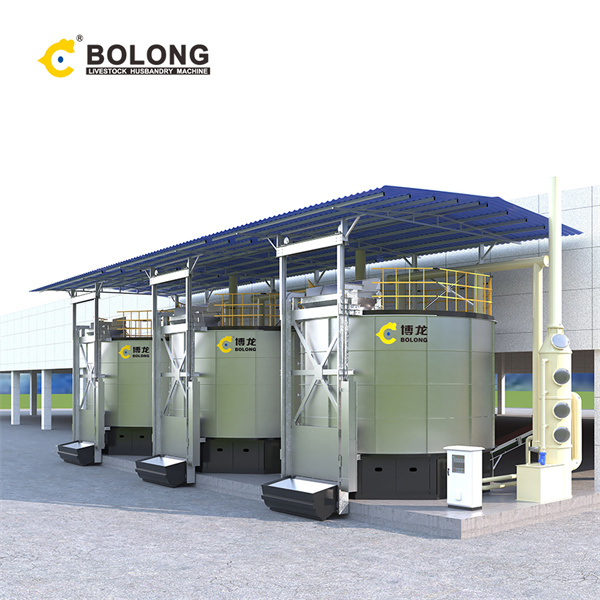Fermentation tanks contribute to several Sustainable Development Goals (SDGs) by promoting sustainable waste management, improving soil health, and supporting renewable energy production.

The United Nations’ SDGs aim to address global challenges, including poverty, inequality, climate change, and environmental degradation. Sustainable waste management is a key component of these goals.
Fermentation tanks support SDGs by reducing waste, lowering greenhouse gas emissions, and producing renewable energy. They also enhance soil health and agricultural productivity, contributing to food security and sustainable farming.
Fermentation tanks contribute to SDG 2 (Zero Hunger) by improving soil fertility and crop yields, SDG 6 (Clean Water and Sanitation) by preventing nutrient runoff, SDG 7 (Affordable and Clean Energy) by producing biogas, and SDG 13 (Climate Action) by reducing greenhouse gas emissions.

Fermentation tanks play a crucial role in achieving the Sustainable Development Goals. Their use supports sustainable waste management, renewable energy production, and improved agricultural practices.